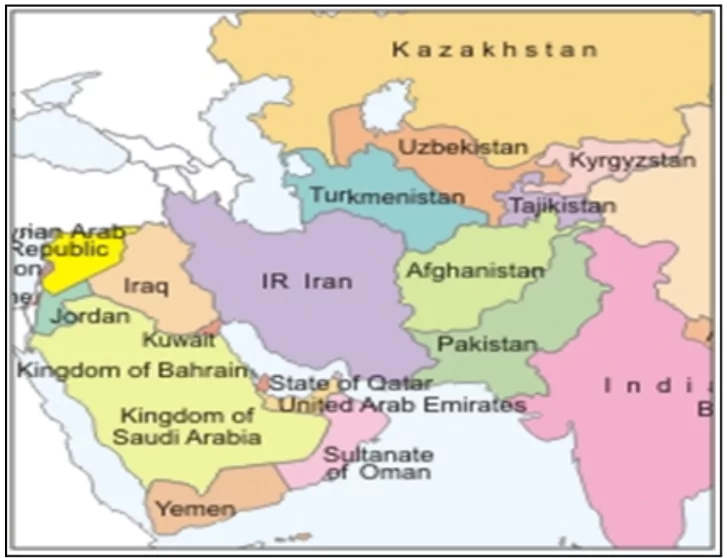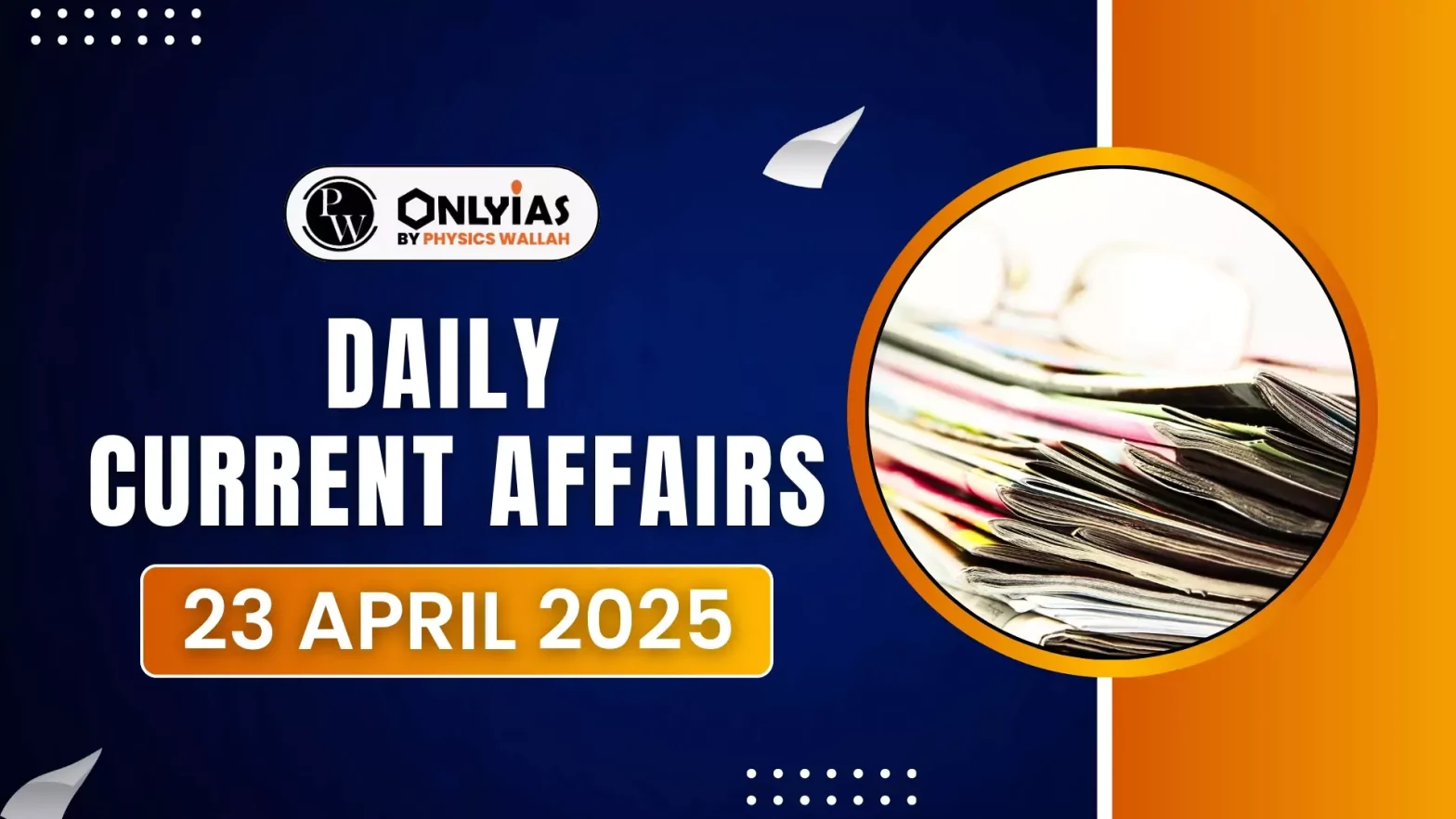Recently, the Department of Revenue (DoR), in collaboration with the Ministry of External Affairs (MEA) and the National Security Council Secretariat (NSCS), successfully organised the first-ever Capacity Building Programme for Central Asian Republics (CARs).
About the Capacity Building Programme for Central Asian Republics (CARs)
- The programme is on ‘Countering the Financing of Terrorism (CFT) through Cryptocurrencies, Crowdfunding, and Non-Profit Organisations’.
- Objectives
-
- Strengthen regional cooperation and technical capacity to counter terror financing.
- Address Emerging Risks: misuse of cryptocurrencies, crowdfunding platforms, and Non-Profit Organizations (NPOs).
- Share best practices, case studies, and operational experiences.
Central Asian Countries:
- Uzbekistan, Turkmenistan, Kazakhstan, Tajikistan, and Kyrgyzstan
|
About Terror Financing

- Terror financing refers to the process of collecting funds, either legally or illegally, and directing them to terrorist organizations or individuals engaged in terrorism.
- These funds are used for recruitment, training, procurement of weapons, propaganda, logistics, and operations.
- Major Sources of Terror Financing
- Criminal Activities
- Drug trafficking (Narco-terrorism): A prominent method where terrorist groups fund their operations through the illicit drug trade (e.g., opium from Afghanistan).
- Smuggling & extortion: Especially along porous international borders.
- Hawala transactions: Anonymous and informal channels often used for cross-border transfers.
- Kidnapping for ransom
- Legitimate Businesses as Fronts: Use of charitable trusts, NGOs, and businesses to launder and divert funds.
- State Sponsorship: Certain countries deliberately fund terrorist groups as part of their foreign policy objectives.
- India has historically faced this from Pakistan-based ISI, supporting groups like LeT and JeM.
- Institutional & Legislative Measures in India
- Legal Framework
- Unlawful Activities (Prevention) Act (UAPA), 1967 (Amended in 2004 and later): Includes provisions to ban organizations and seize financial assets.
- Prevention of Money Laundering Act (PMLA), 2002: Deals with proceeds of crime and money laundering related to terrorism.
- Foreign Contribution Regulation Act (FCRA), 2010: Regulates foreign donations to NGOs.
- Institutional Mechanisms
- Financial Intelligence Unit – India (FIU-IND): Collects and analyzes financial transactions to detect suspicious activities.
- Enforcement Directorate (ED): Investigates money laundering and foreign exchange violations.
- National Investigation Agency (NIA): Has specific powers to probe terror funding.
- International Cooperation
- FATF (Financial Action Task Force): India is a member; FATF sets international standards for anti-terror financing and anti-money laundering.
- UN Security Council Resolutions: Especially 1267 Committee (sanctions on terror groups).
- Egmont Group: A global forum for Financial Intelligence Units (FIUs) that facilitates international cooperation in the fight against money laundering, terrorist financing, and other financial crimes.
- India shares financial intelligence with member states.
![]() 23 Apr 2025
23 Apr 2025

